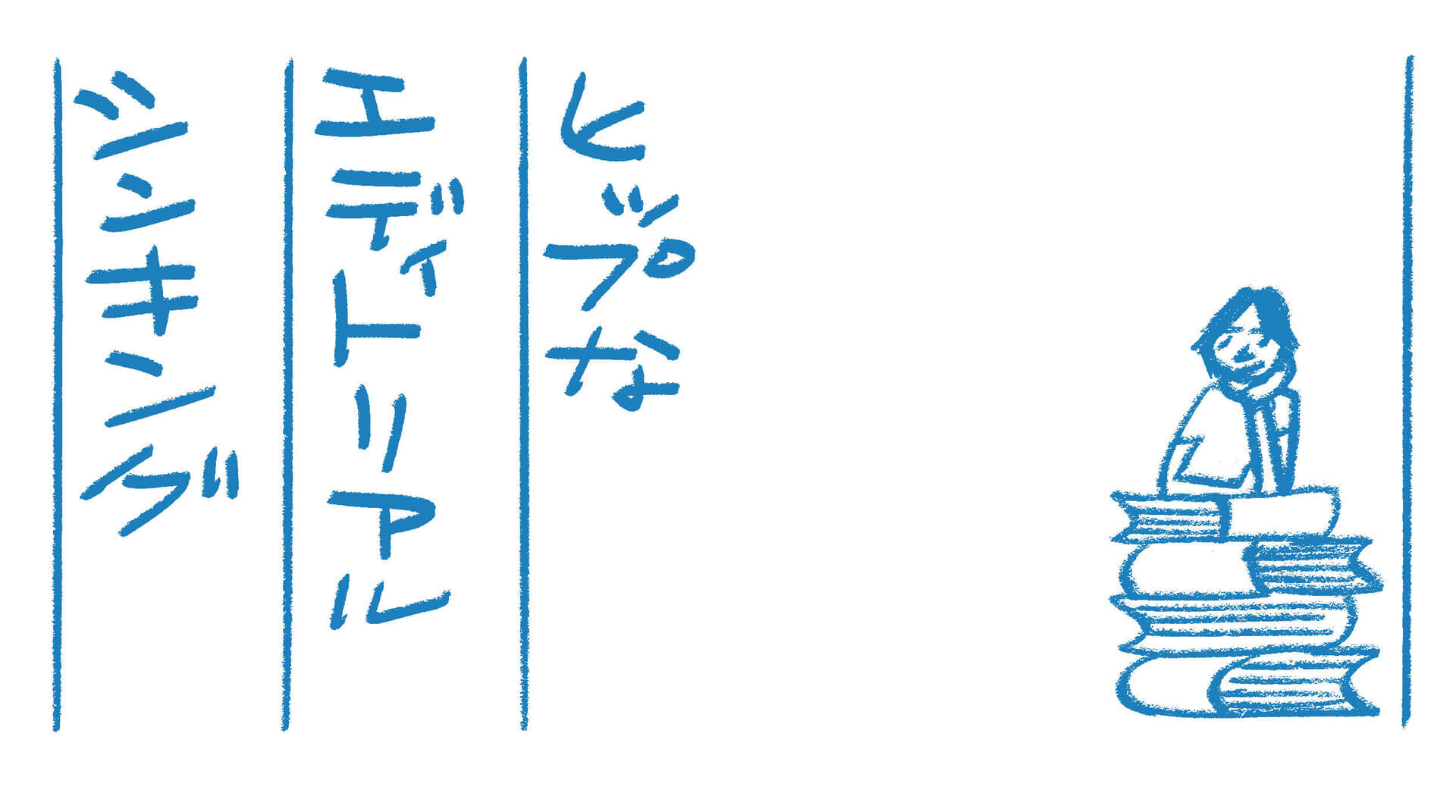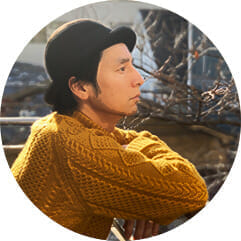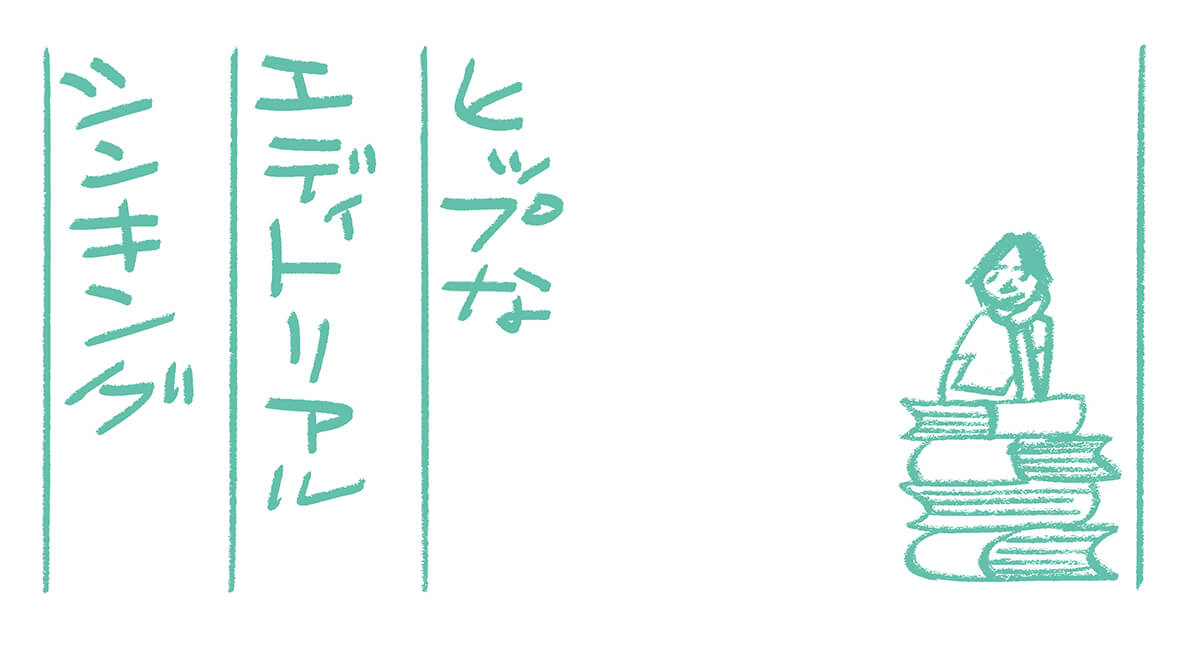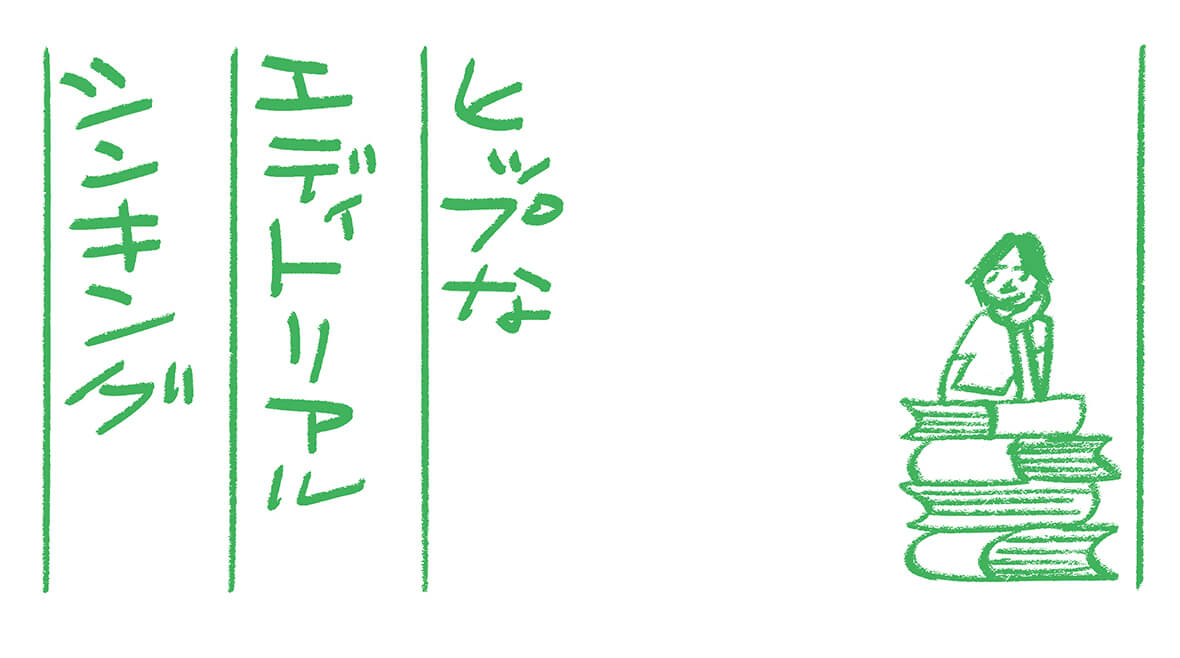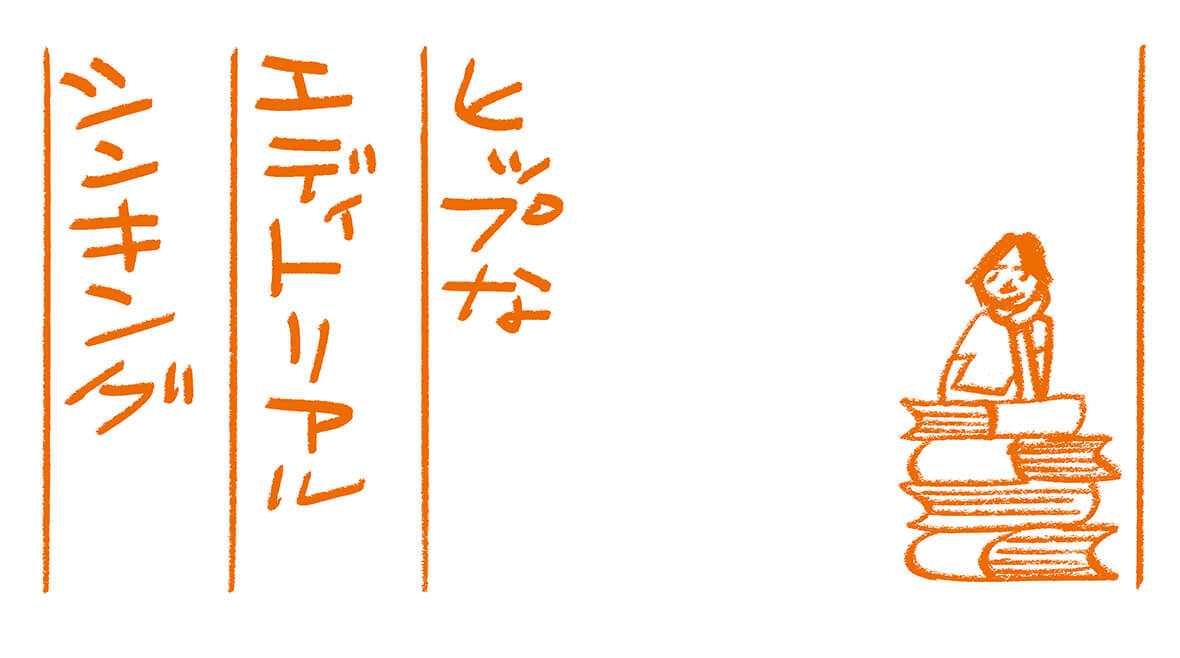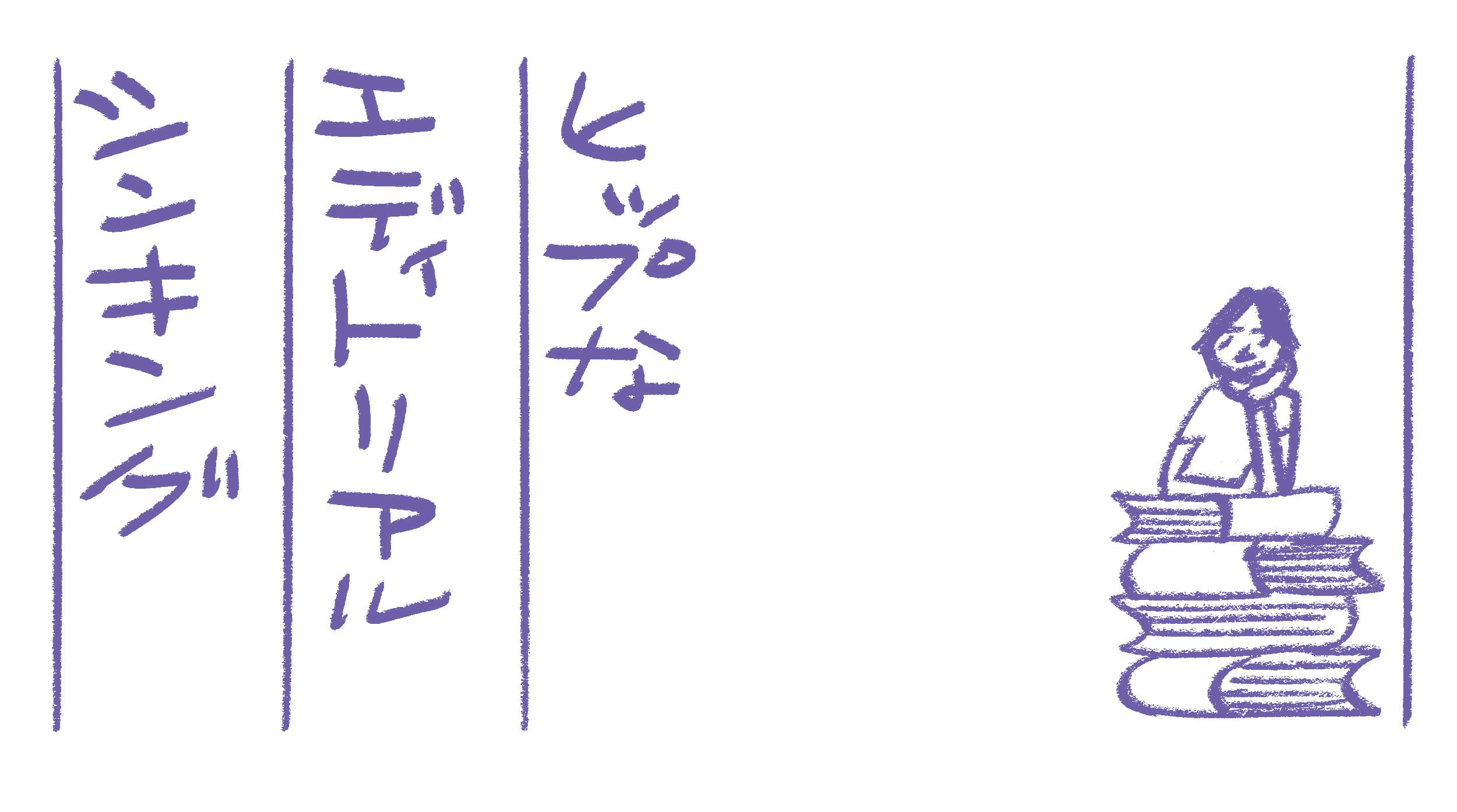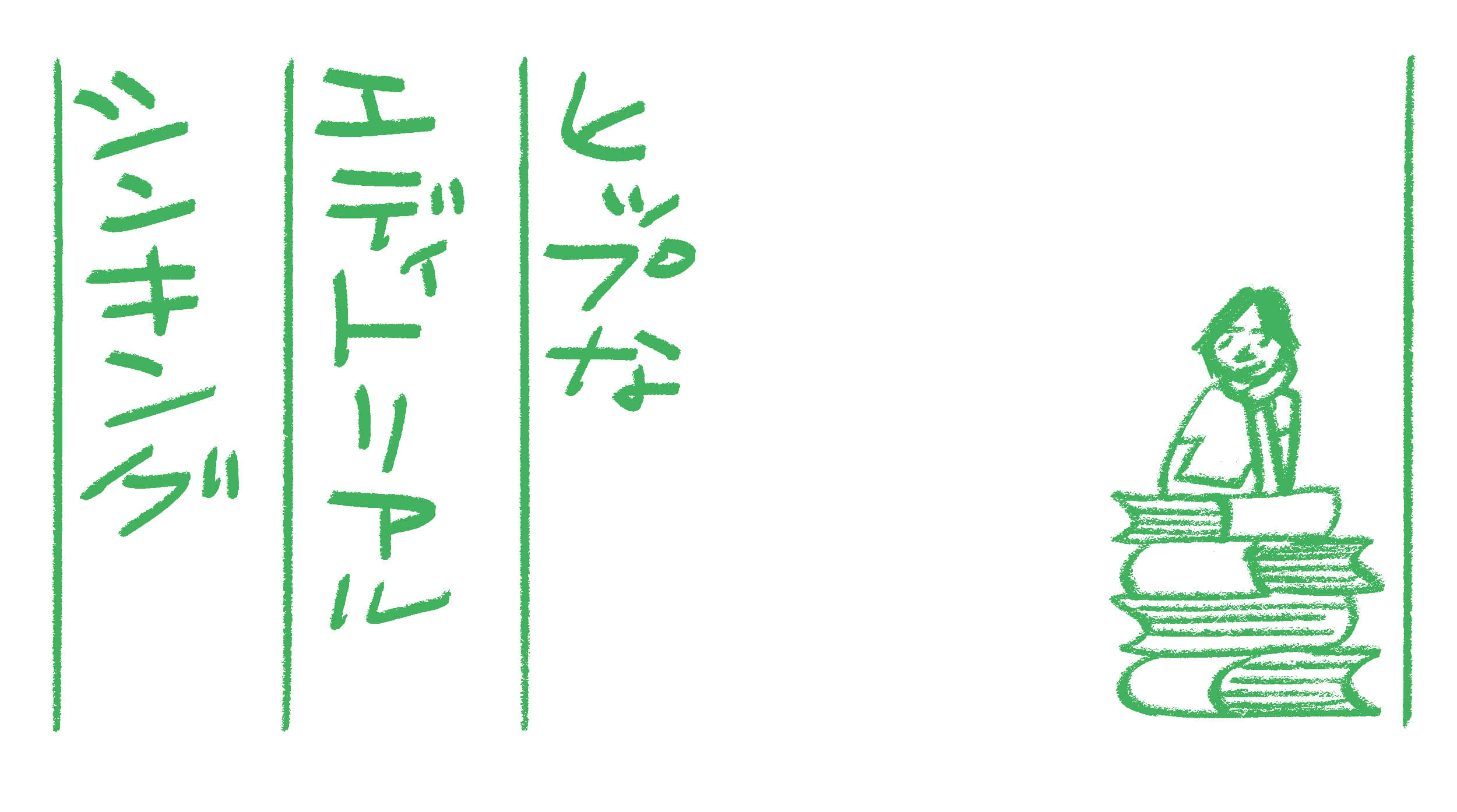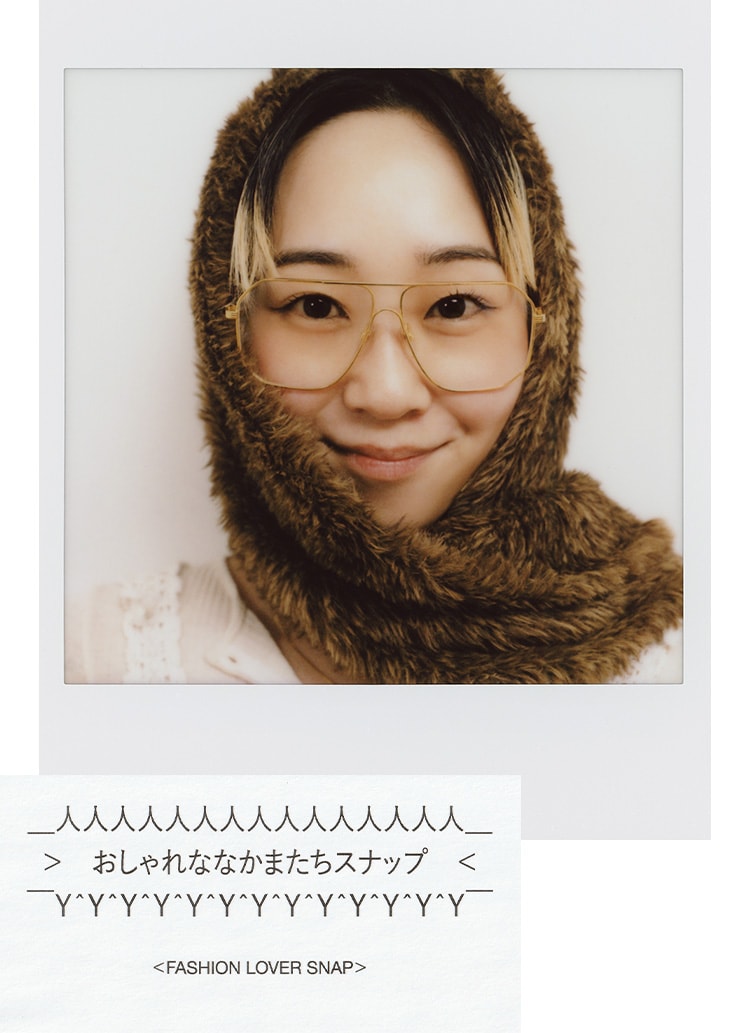The 6thLet's go to the hottest restaurant.
Long ago, when our ancestors were hunter-gatherers on the savanna, information was directly related to life. Knowing where to find edible berries, what rotten meat tasted like, or that a member of another group had been attacked by a savage animal in the forest would have made a huge difference to their chances of survival.
Knowing such things was more important than anything else to protect myself, my family, and the group to which I belonged.
Information and news were passed from person to person, sometimes incorrectly or distorted, which could have caused further calamities. This is why language and communication have developed over many generations.
. Even today, a lack of information can often lead to unfortunate consequences. If a car driver is not aware of revisions to the traffic laws, he or she may be arrested for violations of what was previously legal. Accountants keep a close eye on the annual revision of the tax system, and athletes check new rules before the season.
. it can't be that they didn't know.
Anders Hansen, author of "The Smartphone Brain," describes in it that people desire information because it has been engraved in their brains as a matter of survival. Over tens of thousands of years it has become a reward for the brain. Why do people incessantly reach for their phones and use social networking sites? Because it pleases the brain. . It is a normal evolutionary process for people to indulge in gossip and rumors.
Information and news are useful for chatting with other human beings. In fact, today, news and all other information gathering is for that purpose.
Did you see that show last night? Did you go there? Do you know that guy? Do you know that rumor?
The approximate conversation between people goes something like this.
. whether it is true or not is not the point.
When my mother was still alive, I always went home for New Year's and Obon. After seeing her for the first time in a long time and discussing recent news, we always talked about TV. Cocoa is good for cancer . Yogurt is a perfect food . That TV personality is smart . And so on and on.
Television is amazing. It makes you feel like you know everything about something even if you haven't actually been there, met it, or read about it. And everything that is said and done on TV is taken as true. . This is probably why it has reigned as the king of entertainment for so many years.
Not that my old mother's stories were interesting, but I just listened to them, nodding vaguely. As someone who does not normally watch TV variety shows, I would occasionally get a knee-jerk "huh" from some of the stories, and it was an enjoyable time. For those who are interested, it's a great story, but whether they noticed our lack of response or not, we could have talked about it all night long.
Communication is the transmission of information. If the information is interesting and useful, I will lean forward to listen to it, but if it is not, I am not interested. My elderly mother is a good person to talk to, but what should I do with a friend of the same generation? . I am just bored to death when they go on and on about second-hand information they have heard on TV.
It's important to be exposed to new things.
News is News , the plural of "new things". . to know something for the first time. To be surprised and pleased to know .
Although people have different tastes and preferences, the most important thing they all want to know in common is the information related to survival, as mentioned above. . Nowadays, no one is indifferent to the news about Corona.
Conversely, information that is biased toward a hobby will only resonate with a certain segment of the population. A passionate talk about the fun of chess is just noise to those who do not know the rules.
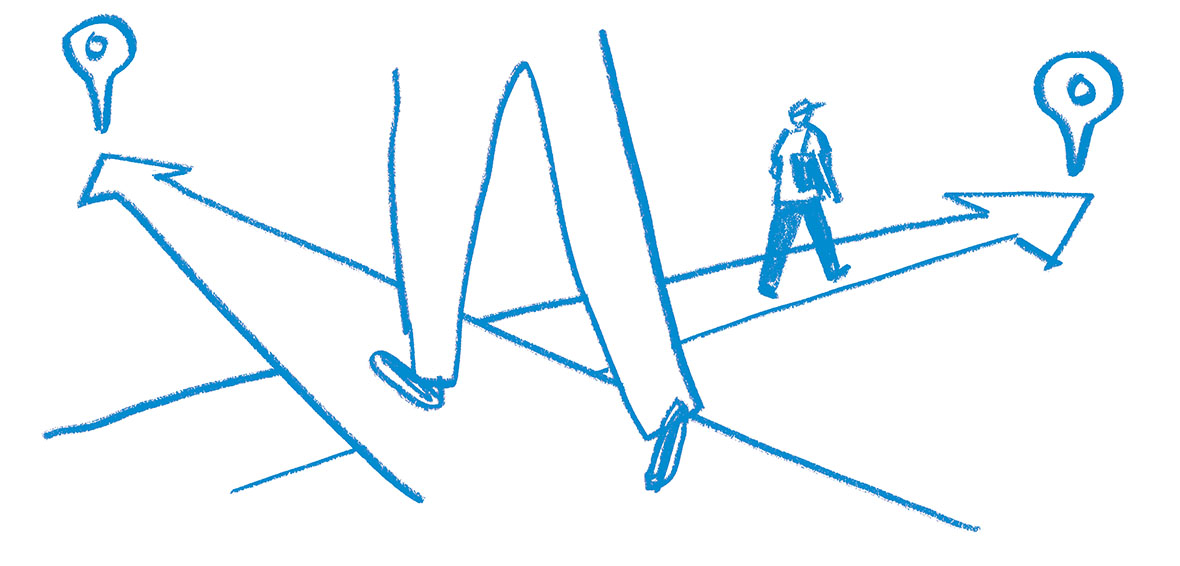
You don't have to learn something you don't like in order to communicate , but knowing it opens up the topic.
I am a curious person . I want to know everything. Whether it is the rules of cricket or the bio wines of the New World, I will look up anything that interests me. And I try to find out as much primary information as possible. In this case, I don't play cricket, but I try to drink wine. It is not for the sake of conversation. I just want to know what it is like.
If the subject is not covered by primary information, read all the relevant books as Mr. Takashi Tachibana, who recently passed away, recommended. His motto was to read at least 10 books. Although you will not reach the level of an expert, you will have a rough outline of the subject.
When friends and acquaintances share the information they learn in this way, it can be a great conversation starter. This is because they share the same interests and tastes. This is an extension of the magazine editing process.
Collecting new information, "knitting" it, and disseminating it widely.
Why didn't I know as a child that I was such a know-it-all . . If I had known, I would have studied more. I couldn't imagine myself reading historical novels like crazy even though I had no interest in history, or talking about geography, which I was even less interested in, saying that France and Chile, although north and south, have similar latitudes and can produce similar wines. . On the contrary, mathematics and physics, which I was good at, are of no use to me at all now.
I could go on and on about how schooling does not have a curriculum that tickles a child's intellectual curiosity, but I won't, because that would be getting off the subject.
Well . People who are engaged in making or selling something, not just editing, want to know what is popular with consumers. What genre of music . What kind of snack food tastes good . Sports cars or RVs . . Even if you are not a marketer, you are researching what makes people happy on a daily basis, whether you are aware of it or not. We subconsciously identify the best-selling items on the shelves of convenience stores, and we watch TV commercials for new beverages to see what tastes consumers are currently enjoying. . They notice, for example, the increase in the number of beige-colored cars in traffic jams on highways.
The accumulation of such things is the driving force behind the creation of new products and services.
Stimulation that is different from one's normal life is said to have a positive effect on the brain. Travel is a prime example of this, providing the brain with a variety of stimulation. In particular, traveling abroad stimulates the brain by making it aware of values and other aspects of life that are different from those of our own.
In any case, we are exposed to new things. It is important to try new things.
New openings , or stores that are the talk of the town, I go to. New openings are the culmination of the marketing efforts of the people involved, and popular stores are the crystallization of support on the part of the users. There are only hints of what to do. It takes an eccentric or a messiah who can change the world to ignore them.
. First, let's go to the popular mess hall.
PROFILE
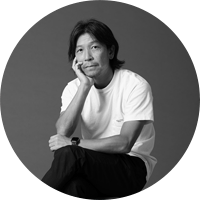
After working as a freelance editor, he founded Lino Inc., a production company that handles editing and production, etc. In 2004, he launched HOUYHNHNM.


